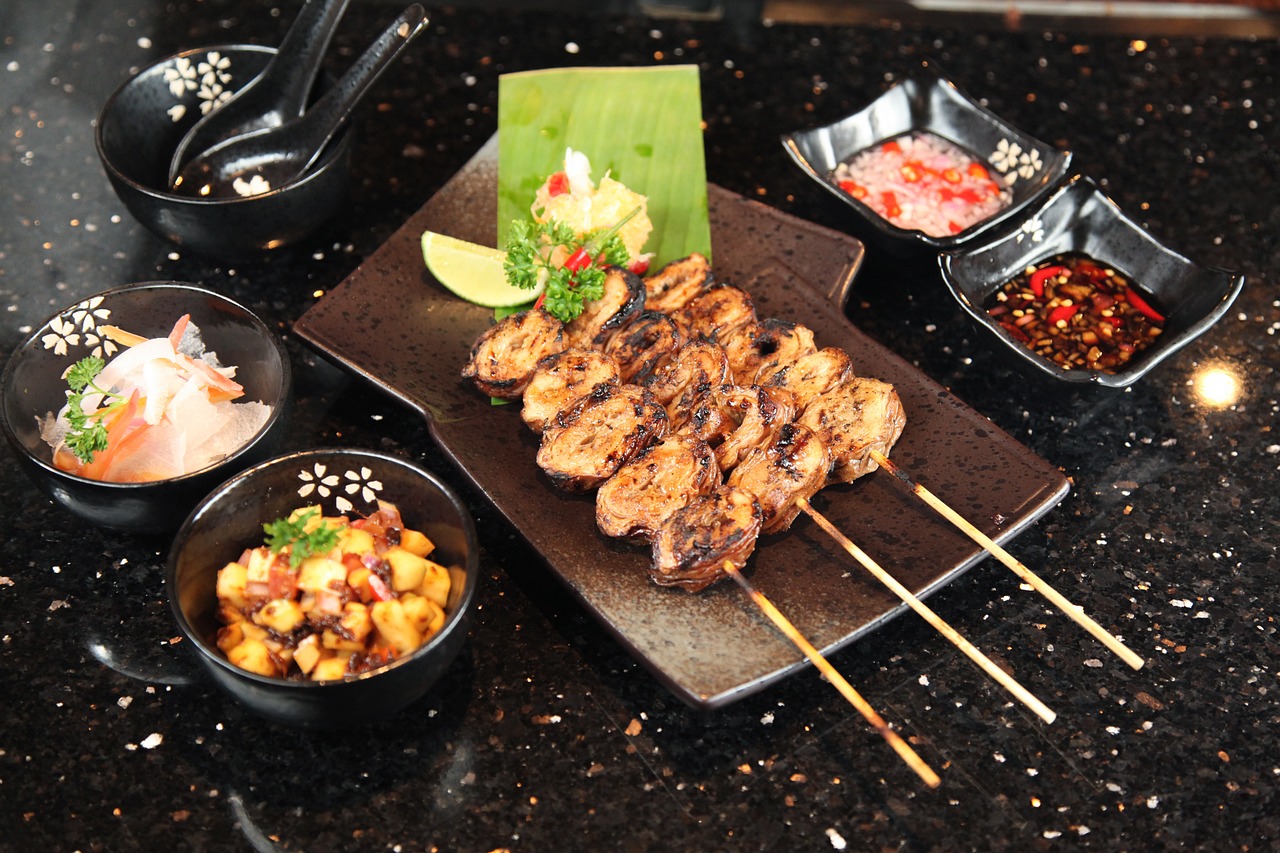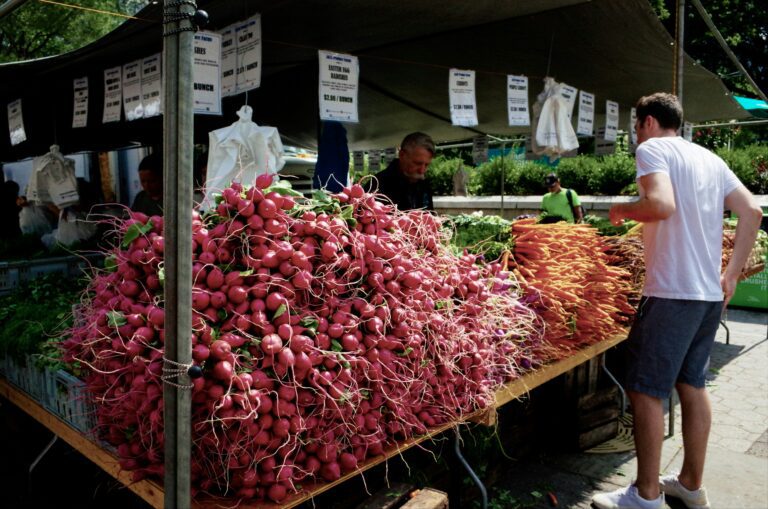When you think of Portugal, it’s hard not to imagine the tantalizing dishes that define its culinary landscape. Portugal food blends Mediterranean flavors with unique local ingredients, creating iconic dishes like bacalhau (salted cod) and the irresistibly sweet pastéis de nata. Whether you’re a seafood lover or have a sweet tooth, Portuguese cuisine promises an unforgettable experience for every palate.

pastéis de nata
Traditional Portugal Food: A Culinary Legacy
The essence of Portugal food is rooted in centuries-old traditions that still thrive in every corner of the country. Whether you find yourself in the bustling streets of Lisbon or a quiet village by the coast, there’s always a dish that embodies the history and spirit of the Portuguese people. Take bacalhau, for example—this salted codfish dish has more than 365 different recipes, one for each day of the year. Whether it’s served grilled, baked, or as a creamy casserole, this dish is more than just food; it’s a national obsession.
And what would a meal be without a little indulgence? Pastéis de nata, the legendary custard tarts, have become as synonymous with Portugal as fado music. With their crispy, flaky crusts and rich, creamy centers, they’re a must-try, whether you’re visiting or just dreaming of a culinary escape.
Portugal Food and the Sea: A Perfect Match
Portugal’s coastline, stretching for over 800 kilometers, plays a huge role in its cuisine. The Atlantic Ocean provides an abundance of fresh seafood, and it’s no surprise that fish and seafood are a cornerstone of Portuguese food culture. Grilled sardines, octopus, clams, and prawns are just a few of the favorites you’ll find on restaurant menus. The Portuguese are masters at simple yet flavorful preparations, often letting the quality of the ingredients speak for itself.
But it’s not all about seafood. Caldo verde, a comforting soup made from kale, potatoes, and chorizo, is another traditional dish that warms the soul on a chilly evening. Whether you’re savoring a hearty stew or enjoying freshly caught fish, every bite of Portugal food feels like a tribute to the country’s deep connection with the sea.
Sweet Treats: A Taste of Portugal’s Sugar Legacy
No exploration of Portugal food would be complete without diving into the nation’s sweet tooth. Portuguese desserts are rich, decadent, and often tied to religious traditions. Apart from the iconic pastéis de nata, other desserts like arroz doce (sweet rice pudding) and toucinho do céu (a heavenly almond cake) offer a sweet ending to any meal.
Many of these recipes were created by monks and nuns in the country’s monasteries and convents, often using simple ingredients like sugar, egg yolks, and almonds. Today, these sweets are not just a treat but also a reminder of Portugal’s rich cultural and historical heritage.
The Influence of Global Spices on Portugal Food
Portugal’s age of exploration during the 15th and 16th centuries left a permanent mark on its cuisine. Spices like cinnamon, saffron, and piri-piri peppers, introduced through trade with Africa and Asia, continue to flavor Portugal food in unexpected and delightful ways. Whether sprinkled over desserts or spicing up a hearty chicken dish, these flavors add an exotic twist to traditional recipes, making each bite of Portugal food a unique culinary journey.
Conclusion: Portugal Food is More Than a Meal, It’s a Story
Portugal food isn’t just about satisfying hunger; it’s a celebration of history, culture, and the country’s love for good company and conversation. From the fresh seafood that graces every table to the sweets passed down through generations, Portugal food offers an experience that stays with you long after the meal is over. So, next time you’re planning a trip—or simply daydreaming about your next meal—let Portugal’s rich culinary traditions inspire your appetite for adventure.



